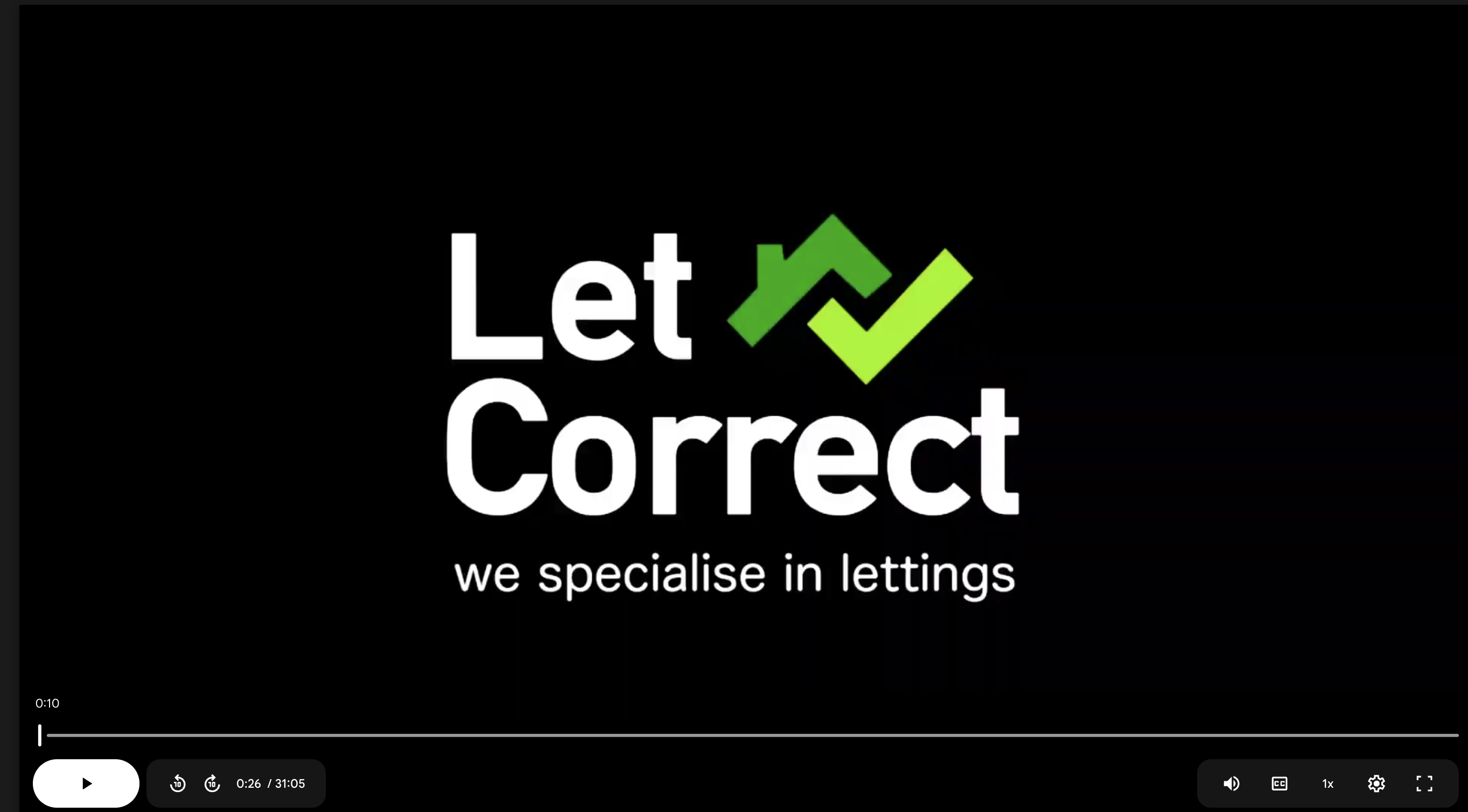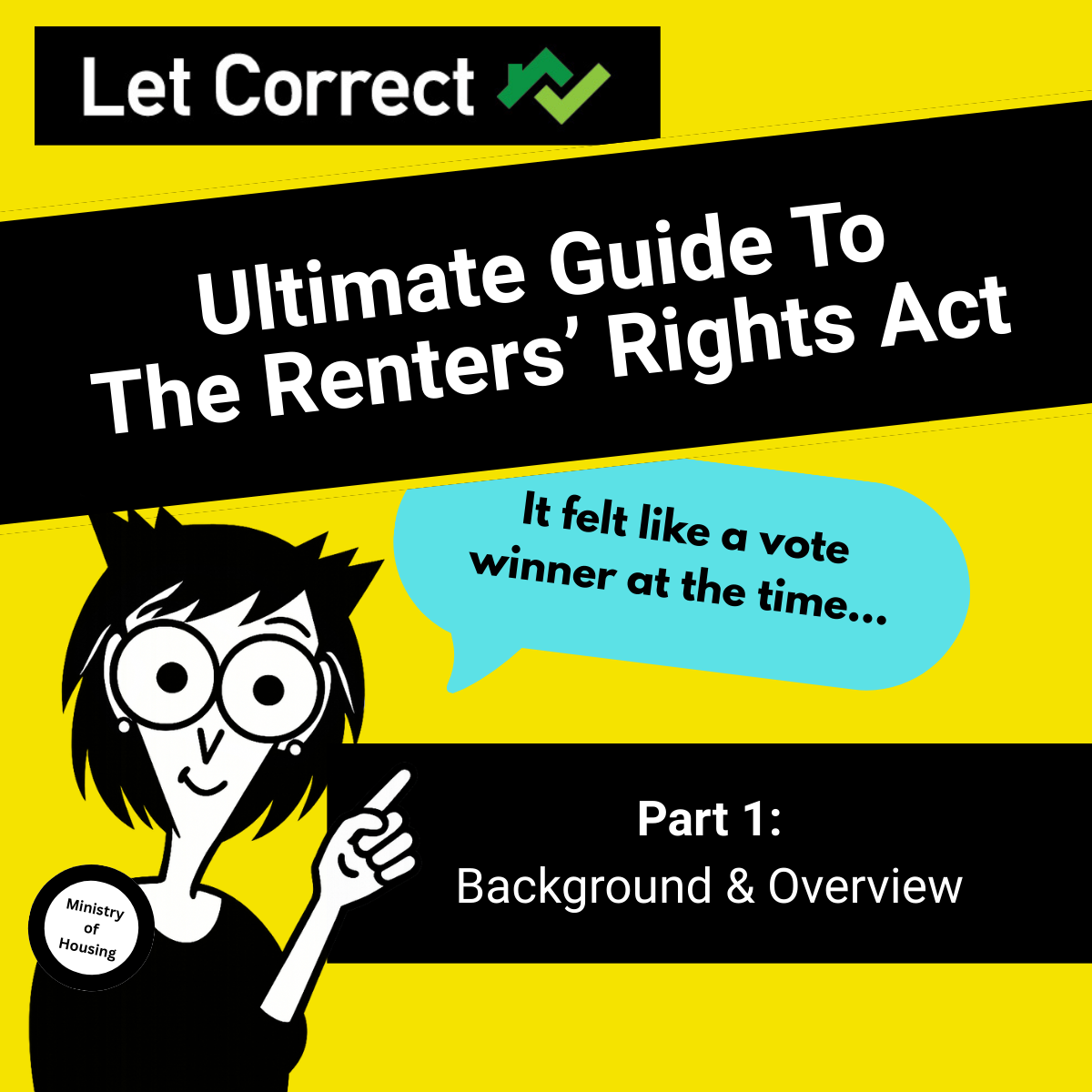Your Legal Checklist For Letting This Year – ENGLAND
Stay compliant, protect returns. From Renters Reform to EPC rules, 2025’s legal updates make proactive landlords the ones who’ll thrive.
.png)
With lettings law continually evolving in England, 2025 is shaping up to be another year where being a proactive landlord pays off. Staying compliant isn’t just about ticking boxes - it’s about protecting your income, your investment, and your peace of mind.
Whether you manage your own properties or rely on an agent, this year’s changes and updates deserve a closer look. Below is your essential legal checklist, designed not just to keep you out of trouble, but ahead of the game.
1. Reform-ready mindset: Renters (Reform) Bill
While not yet law, the long-anticipated Renters Reform Bill is progressing. The proposed abolition of Section 21 ‘no-fault’ evictions is front and centre. Although transitional protections are likely, reviewing your approach to tenancy management now is wise. A robust Section 8 procedure, clear communication, and well-documented tenancies will be essential.
Forward-thinking landlords are beginning to document tenant interactions carefully to avoid disputes when Section 21 disappears. It’s not over-preparing - it’s future-proofing.
2. EPC minimum rating: is your property ready for ‘C’?
Although delayed, the government’s target to make all rental properties EPC band C or above by 2028 remains on the horizon. Tenants are increasingly energy-savvy.
Start with a low-cost energy audit and identify improvements - LED bulbs, insulation top-ups, thermostatic radiator valves - that are affordable now and scalable later. Funding schemes and green finance options may reopen this year.
A higher EPC doesn’t just keep you compliant; it’s a growing search filter for tenants on portals like Rightmove and Zoopla.
3. Carbon monoxide alarm regulations: new rooms, new rules
As of October 2022, regulations require carbon monoxide alarms in any room with a fixed combustion appliance, including gas boilers. Many landlords have yet to fully implement this.
Install alarms in all rooms with gas appliances, even if not currently required. It’s safer, and you won’t be caught short should guidance tighten.
4. HMO licensing: keep pace with local changes
Licensing isn’t static. Several local authorities are expanding Additional and Selective Licensing schemes. These can affect landlords who previously fell outside standard HMO definitions. Always check with your local council, especially if your property houses three or more people forming more than one household.
5. Right to Rent: digital checks now permitted
You can now use digital ID verification for Right to Rent checks via certified Identity Service Providers (IDSPs). This streamlines the process but doesn’t remove your responsibility. Ensure whoever conducts your checks is qualified and uses approved software.
Being legally compliant isn’t just about meeting standards - it signals to tenants that your property is a place they’ll be safe, secure, and respected. That reputation attracts longer tenancies and fewer voids, which feeds directly back into yield.



